-

This symbol could break your phone’s Wi-Fi
The humble percentage symbol (%) in a network name can permanently break an iPhone’s Wi-Fi functionality. Not even resetting network settings guarantees a fix. A few weeks ago, security researcher C...
-
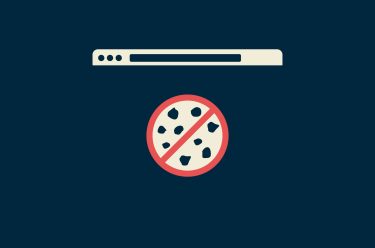
3 browsers that block third-party cookies by default
With the sheer amount of information that can be extracted from your internet use, having a privacy-oriented browser has become essential to protecting your internet activity—and bigger browsers are...
-
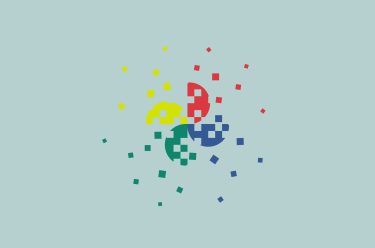
Top cloud services to store photos online (free and paid)
Google Photos became hugely popular when it announced free, unlimited photo uploads three years ago. As of June 1, 2021, however, that deal no longer exists. What is Google Photos’ new storage polic...
-

5 times military secrets were exposed in apps
Not even the military is immune to data leaks and privacy mix-ups. Sometimes it’s a leak from a third-party app, and sometimes they really should’ve just checked the privacy settings. From nuclear...
-
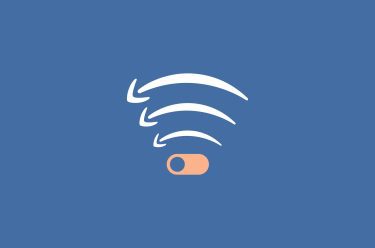
How to opt out of Amazon Sidewalk and stop sharing internet with neighbors
If you have Echo smart speakers or a Ring smart doorbell in the U.S., Amazon will soon connect your devices to its new mesh network, Amazon Sidewalk, by default. On June 8, Amazon will automatically e...
-
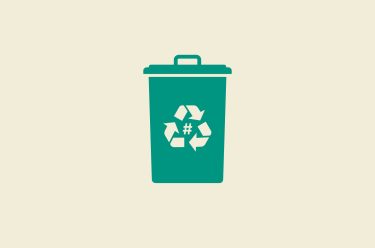
Your old phone number is putting you at risk
If you’ve ever switched to a new phone number, chances are your old number will be reassigned to someone else. This practice of recycling phone numbers is standard, but it poses a significant privac...
-

WhatsApp’s new privacy policy explained (2021)
Updated on May 31, 2021: If you haven't agreed to its new privacy policy, WhatsApp now says it won't restrict your app's functions, although the app will prompt you from time to time to agree to the ...
-

App Store’s privacy labels: Fact or fiction?
Apple introduced app privacy labels in the App Store in December 2020 with the aim of showing users downloading any app what sort of data it collects. The labels are meant to act as a summary of the a...
-

Here’s what vaccine scams look like
At the start of the pandemic outbreak, we saw an increase in Covid-related phishing and ransomware attacks. Now, as the world is starting to get vaccinated for the virus, phishers and scammers are try...
-
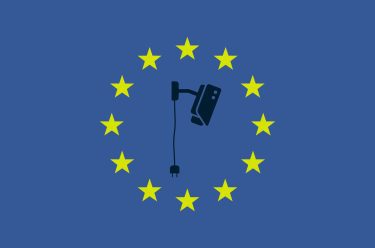
The EU is closer to banning AI mass surveillance
What’s worse than mass surveillance? That’s surveillance that uses facial-recognition tech. And the EU has taken the first step to ensure it doesn’t become the new standard for policing. In a ne...
